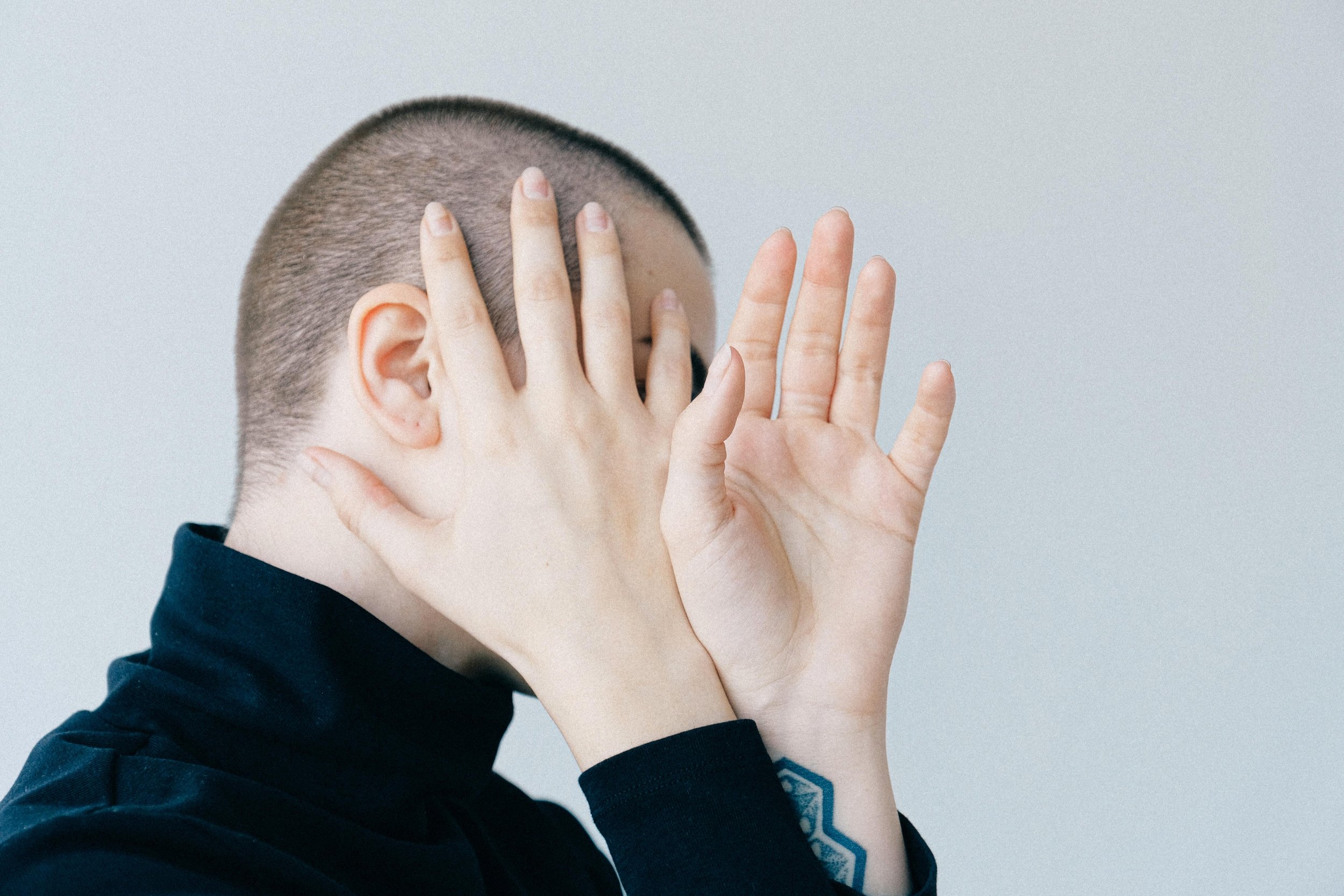🧠 The Psychology of Shopping, Wealth and Liars
First off, we look at the psychology of shopping in financial hardship.
Then, why high prices can actually drive some people to make more unsustainable purchases.
Why do we always want to change supermarket queues? And finally, how can you make sure people are telling the truth?
And don't forget we're here to help. From improving your marketing with psychology and data to making your communications more persuasive. Tell us what you're trying to do and we'll show you how we can help.
Every so often we use our Monkey Business newsletter to share useful nuggets, opinions, and findings as food for thought. Sign up here.
When shopping doesn't make you feel better
A new study from Gavan Fitzimons at Duke University, Rodrigo Dias and Eesha Sharma provides new insight into shopping and financial hardship.
“That feeling of financial constraint leads people to revisit their purchase and think about what else they could have done with that money, also known as the opportunity cost,” explains Fitzsimons. “Because of that question in a consumer’s mind about what else they could have used the money for, every time they think about that purchase, they are going to be a little less happy with what they did end up buying.”
Interestingly, this sense of dissatisfaction is also observed to lead to worse reviews left for those purchases.
The authors also experimented to see if they could induce those feelings by asking people to think about the financial stresses they may have. And it turns out that yes, people can be prompted to feel more stressed and become less happy with their purchases.
“Marketers are often encouraging customers to write reviews,” Dias shares. “Our research suggests marketers might want to consider if they’re asking people who feel financially constrained to write a review, or maybe to avoid asking customers to review their purchases during specific times when they feel financially stressed, such as right before payday.”
And can these negative feelings be reduced?
“If people who feel financially constrained make a more conscious decision about their purchase and plan in advance as opposed to buying an item on the spot without forethought, they are already thinking through the possible alternatives for how they could have spent that money,” Fitzsimons expounds. “That helps them get more happiness from their purchase than they otherwise would have. Are they as happy as they would be if they weren’t financially constrained? Not quite. But having people plan and think ahead about how to spend that money can help them derive more happiness from their purchases.”
If you’d like to talk to us about the psychology of buying, pricing or anything else for your business, do get in touch.
Photo by Denis Trushtin
Do high prices make wealthy people buy more unsustainable products?
Rational, economic thinking might make you think that raising the price of unsustainable products would encourage people to buy less of them. But a new study suggests this might not be the case for more wealthy people - and not just because they can afford them.
Professor Karen Winterich at Penn State showed that high prices did not deter “upper-class” people from buying. In fact, not only did it not deter them, it might actually trigger them to buy such products.
In the experiments, wealthy people were seen to be more likely to buy unsustainable products - like individually packaged snacks - when they carried a higher price.
And the reason? Further analysis suggested that the higher price made them feel entitled to these products, despite the environmental impact.
But these effects were not observed in those of lesser wealth.
“This might come from the experience of having to rely more on their community, and therefore being more communal-minded and less likely to think transactionally,” Winterich says. “They are more likely to recognize the social cost and think of it as hurting their community, and they're not willing to incur that cost, even if they pay more.”
Can the high price entitlement trigger be countered?
“If we want to turn off the purchase of socially costly products, then we need to focus on messaging strategies that encourage people to think more about the overall equality of human beings,” Winterich goes on to say. “When we prompt people to think about equality, or to think more about the environment, then we can circumvent this effect and make them not as likely to accept these social costs just because they paid a high price for the product.”
Photo by Ron Lach
And on the subject of shopping, well queuing anyway. Why is so hard to stay in the same queue?
SciTechDaily touches on the reasons for our action bias - that is, when faced with a challenge, why we often default to “taking some kind of action, even when we have no evidence that it will lead to a better outcome and might even make things worse”.
In their research on the “do something” bias, Anthony Patt and Richard Zeckhauser asked people to make decisions around certain environmental matters.
They concluded “that decision-makers have a bias for taking action even if it makes the situation slightly worse, and that this bias is even stronger if the decision-maker is acting as an agent for other people. In that case, they also tend to choose actions for which they are likely to receive the most credit.
“So, for example, politicians — who need to make their actions clear to voters who cannot actually see what they are doing — will often pass showy but ineffective policies in order to give the impression that something is being done, even if nothing useful will come of it.”
Another study was carried out by psychologist Michael Bar-Eli and colleagues. They analysed goalkeeper behaviour in football (soccer) penalty kick situations.
Analysis suggests that penalty kicks tend to be split equally between the left, the right, and the middle of the goal. So the probability of saving the goal is best if the keeper stays in the middle. But they don’t. In the research, they found that keepers dive to the left or right 93.7% of the time.
Why? Probably because the norm is to dive to one side. And “it feels less embarrassing to dive to the side — like everyone else — and watch the ball go into the opposite corner of the goal than to stay on the spot and watch the ball sail past.”
Patt and Zeckhauser explain further, “Those who act are still rewarded above those who do not.” That is, they attempt to demonstrate their endeavours to others in the hope of recognition.
They also posit that the reason we take action is so that we can learn from it, making a more informed decision next time.
So, how did your last shopping queue shift work out?
Photo by EKATERINA BOLOVTSOVA
How can you expose a liar? Give them something else to do.
Frustrating in our personal lives, but also problematic in the business world - how can we better spot liars? Is that information they’re providing true - on their insurance form, for example.
Professor Aldert Vrij, from the Department of Psychology at the University of Portsmouth, has some valuable insights to share in this area.
Basically, lying takes up cognitive effort - and we only have so much that we can use at once.
Professor Vrijj explains, “In the last 15 years we have shown that lies can be detected by outsmarting lie tellers. We demonstrated that this can be done by forcing lie tellers to divide their attention between formulating a statement and a secondary task.
“Our research has shown that truths and lies can sound equally plausible as long as lie tellers are given a good opportunity to think what to say. When the opportunity to think becomes less, truths often sound more plausible than lies. Lies sounded less plausible than truths in our experiment, particularly when the interviewees also had to carry out a secondary task and were told that this task was important.”
It’s an area that we’re being increasingly asked about, so will be running a webinar on it later in the year.
Photo by Anna Shvets
As ever, if there's anything we can help with, do get in touch.
James, Patrick and Dan
We practically apply the science of the human mind for hard, commercial results
Please feel free to share.
Sign up for your own MONKEY BUSINESS by clicking here





